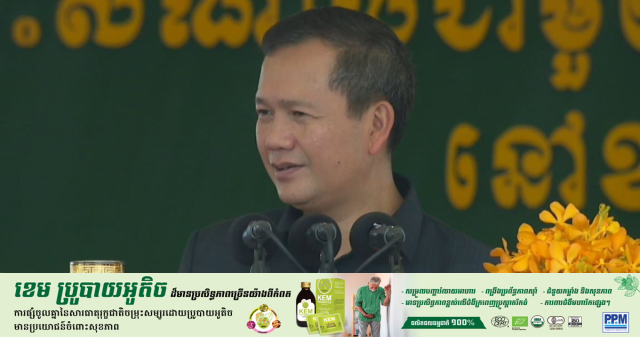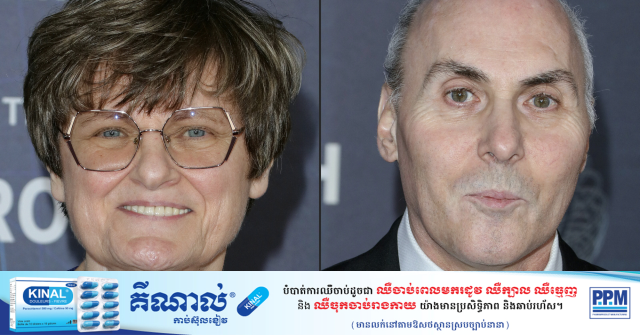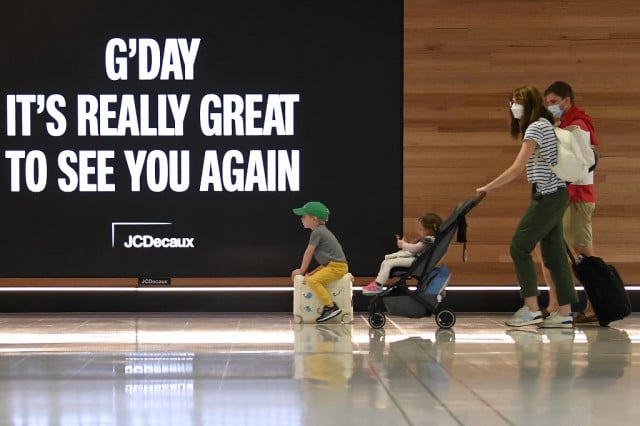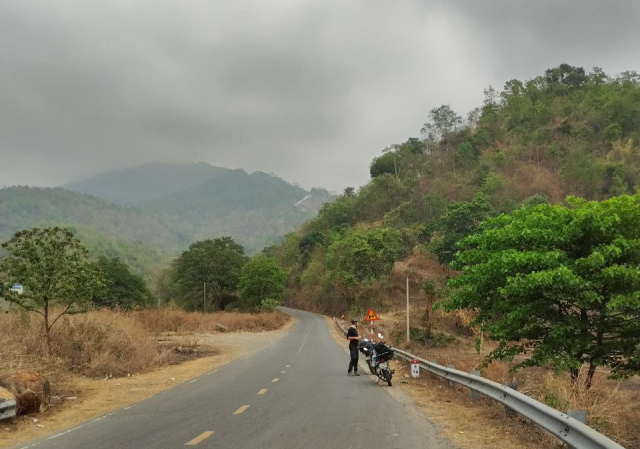Expert Officials Must Solve Problems Before PM’s Intervention: PM

- By Romdoul Chetra
- and Meng Seavmey
- October 3, 2023 9:00 PM
PHNOM PENH – Prime Minister Hun Manet has ordered expert officials to respond to problems in a timely manner without waiting for the prime minister’s intervention.
During a meeting with over 18,000 workers in Phnom Penh’s Meanchey district on Oct. 3, Hun Manet said he could not solve all the government’s problems on behalf of expert officials.
The experts, the prime minister continued, can explain the issues better than he does. He also called on officials to be responsible for their ministries and to serve the citizens by resolving the country’s issues.
“Do you [officials] want the prime minister to be the spokesperson for all [governmental] institutions?” he asked.
Yong Kim Eng, the president of the People's Centre for Development and Peace (PDP), agreed with Hun Manet’s statement. He said there have been inactive officials in the previous government who did not take any initiatives despite calls from former Prime Minister Hun Sen to change.
“The officials aren't supposed to always wait for orders from the prime minister if the problems occur within their territory. They can't just turn a blind eye to the problems,” Kim Eng told Cambodianess on Oct. 3.
“When it's still a small matter, they should take action and address the situation in a transparent and unbiased manner, even if the issue involves fellow officials or any other member of the government,” he added.
“If the problems get bigger because [officials] delay their decision, the people will question the effectiveness of the government as a whole,” Kim Eng continued.
But he hopes the new government will be able to change the former dynamics, and make officials more active in serving and solving the problems for the citizens without the public approval of the prime minister.
San Chey, executive director of the Affiliated Network for Social Accountability (ANSA), said the prime minister's recent statement can be a turning point of a “rooted problem”, as inactive officials have been part of the former administration.
“Traditionally, officials don’t take any decision on their own because if their decision impacts powerful people, they can be in trouble, even though they are the ones in charge. That’s why it has become a habit to do something only after receiving the order from a person higher in the hierarchy,” he said.
“Even though I have rarely seen an official taking action on their own, I hope Hun Manet’s statement will initiate a change,” he added.
But over the past few weeks, two situations highlighted once again that long-lasting trend of waiting orders from the top.
The General Department of Taxation went through harsh criticism from the public after the announcement that capital gain taxes would be implemented in February 2024. It was only after Hun Manet said, in a voice message on his Telegram channel, that no final decision had been made, that people’s comments started to slow.
Similarly, the Ministry of Culture and Fine Arts was criticized because it was considered slow to react to the ongoing construction of an Angkor Wat-looking temple in Thailand, which started in 2021. The ministry eventually released a statement on Sept. 26 saying it sent experts “to inspect the construction site” who found “that no additional construction has taken place.”
But in his speech on Oct. 3, Hun Manet revealed that he was the one who instructed the ministry to take action and issue a statement to show Cambodians that the government was not leaving the matter unresolved.















